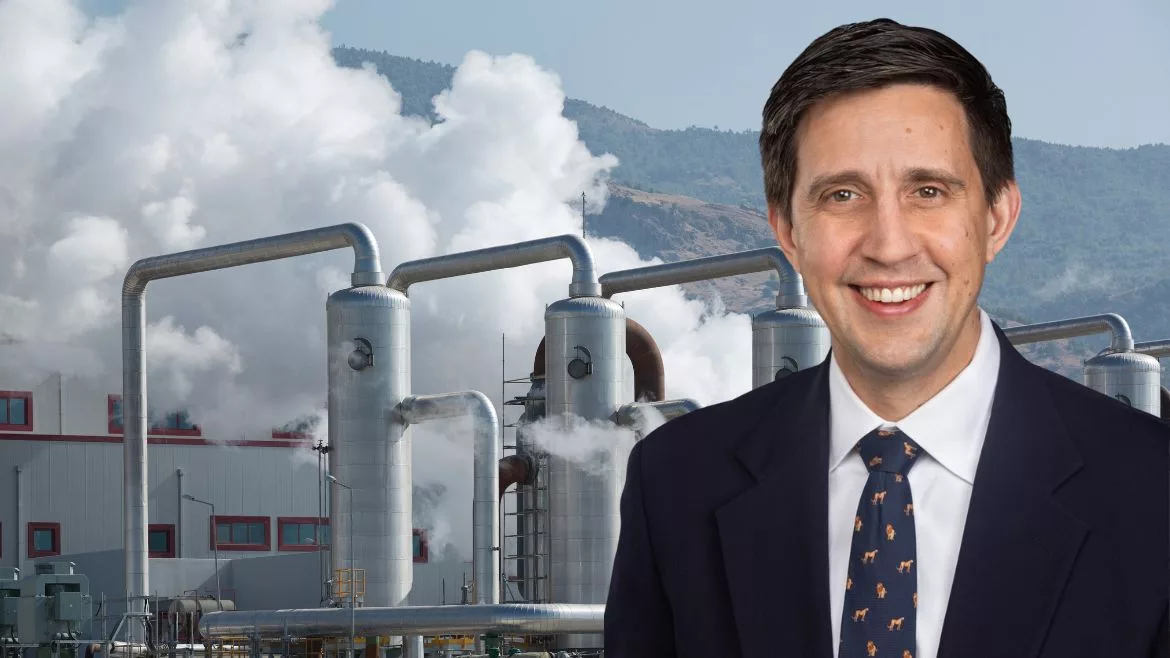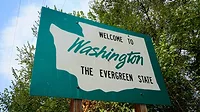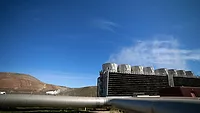News
Thermal Energy Network Bill OK’d by Washington State
Legislation includes $25M in grants for pilot project; awaits governor’s signature

Washington state lawmakers unanimously approved legislation that allows electric and gas utilities across the state to sell thermal energy via thermal energy networks (TEN), and the bill now waits for Governor Jay Inslee’s (D) signature, according to a staffer for the legislator who sponsored the bill.
On March 5, 2024, Washington state’s House of Representatives voted 96-0 to approve House Bill 2131. Previous to the House vote, the bill had been approved on March 1 in the state Senate 49-0. The bill was delivered to Inslee on March 7, and if signed, the bill would take effect 90 days after the legislative session adjourns on June 5, said a staffer for Representative Alex Ramel (D), the bill’s primary sponsor.
H.B. 2131 enables gas and electric utilities to own and operate TENs under regulatory oversight, Ramel told The Driller. The bill is needed because identification of entities that can operate a TEN “is an area that is a little bit unclear in Washington state law.” However, he added, it is believed publicly owned electric and gas utilities can operate TENs, but investor-owned electric and gas utilities can not. The bill will not only increase clarity concerning utility operation of TENs, but also provide grant funding to help expand TEN systems, Ramel said.
The Massachusetts Institute of Technology (MIT) describes TENs as systems that use pipe loops to connect multiple buildings and provide heating and cooling through water-source heat pumps. Geothermal heat is commonly used in TENs, but it is also possible to focus waste heat from other buildings through sewer systems, and can therefore provide efficient, fossil fuel-free heating and cooling to commercial and residential buildings, according to MIT.
“So what we're talking about here is hot water distribution that individual buildings can be connected to and then use the heat energy in those water pipes to heat the space,” Ramel said. “It’s an extremely efficient way to deliver that energy to those homes or commercial buildings,” he said.
That TENs are “fossil fuel-free” and therefore “decarbonization projects” are “really exciting” benefits provided by those networks, Ramel said. “We’re moving away from using fossil fuel for heating buildings, and we’ve done so here in a way that the gas utilities feel is collaborative and they’re excited to do,” he said.
In addition, TEN projects are expected to provide jobs, according to Ramel. “The unions that represent their workforces are also excited about” the TEN program, because it enables workers “to use the skills and experience that the companies and their workforces have used in putting pipes in the ground, [in] managing rights of way, [in] delivering energy to customers, [and in] their relationships with the energy commission regulators,” he said, adding, “all of those things, or experience, they already have; we’re able to put those to work in a way that [producers] low or zero carbon” emissions.
A feature of H.B. 2131 is it includes a $25 million grant program to award funding to Washington state’s six gas utilities to support initial TEN projects. “The grants will be administered by the Washington State Department of Commerce (DOC),” he said. There will be communication between DOC and Washington’s Transportation Commission, which is “the agency that oversees the gas company’s rates because ultimately they’re going to be charging for energy delivery to these buildings through these thermal energy networks,” Ramel said. Those agencies are going to “sign off on the rates” imposed by the utilities, “so we want those two agencies working arm in arm on making those grants and authorizing those pilot projects,” he said.
In order to receive a grant, a utility will have it meet up to 16 criteria, Ramel said. “My hope is that each one of them [utilities] brings forward at least one qualifying project, but there's no reason that they couldn't bring forward two or more smaller projects, or they could bring forward a larger one,” he said.
The goals of H.B. 2131 are to have consumers “connected to systems that are efficient, (and) cost effective,” and “reduce carbon pollution,” Ramel said.
To read the bill’s text, click on H.B. 2131
Looking for a reprint of this article?
From high-res PDFs to custom plaques, order your copy today!






